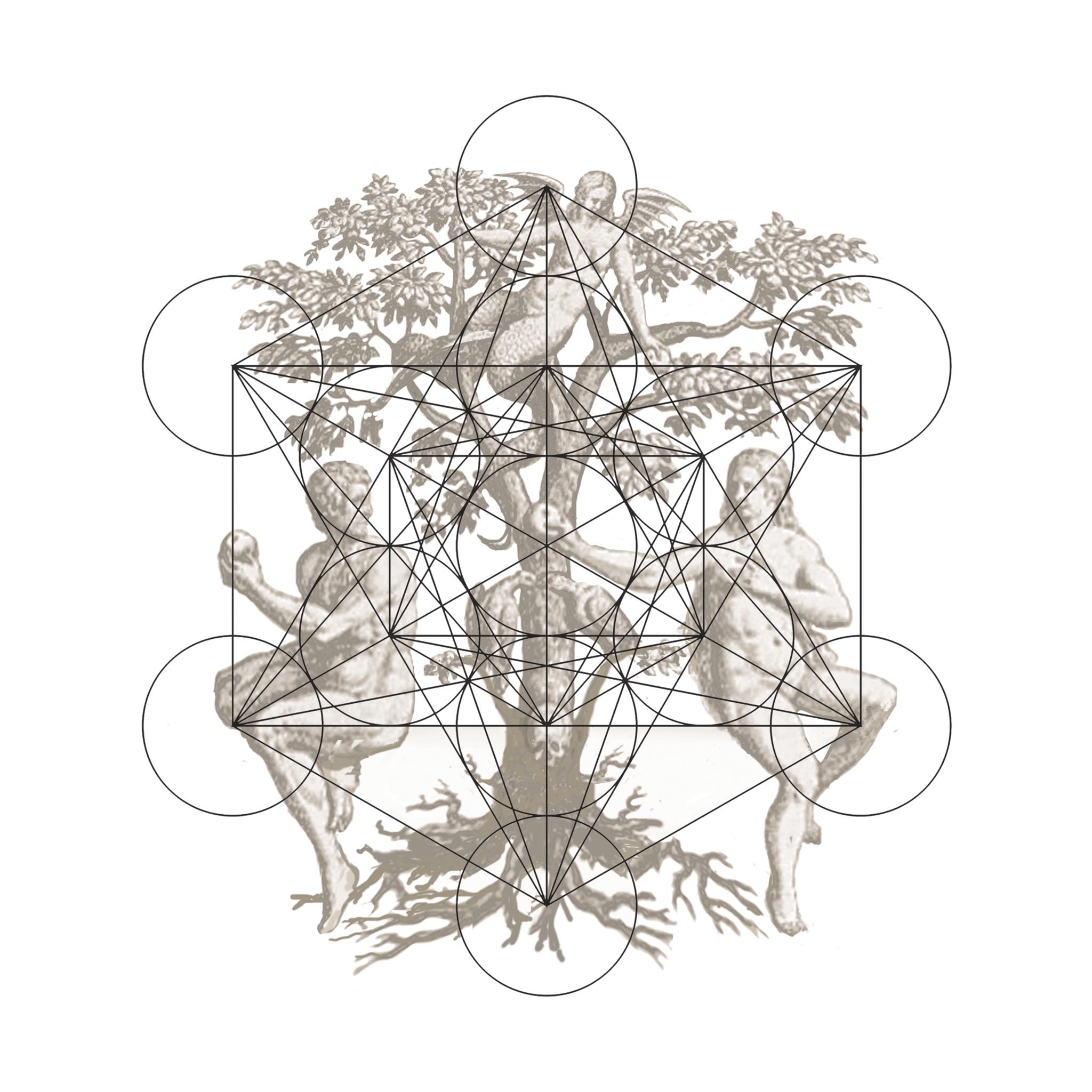
INTRODUCTION :
We head for the hills and other “wild” places to escape from the grids imposed on our lives, the order and management that sometimes seem to crush the breath out of us, only to discover that they too are rigidly controlled. Even in nature reserves, management plans prescribe the height and composition of the plant life, often to the nearest percentage point. ...
Read more/less
Places that, we are told, have been surrendered to wildlife and natural processes are dominated by our obsessive craving for certainty. I know that, beneath the surface, something similar has happened to the sea. Just as the forests have been felled and most animal life has been exterminated on land, so a fishing industry that often amounts to little more than state-sanctioned piracy has ripped up the natural structures of the seabed - oyster reefs, maerl beds, coldwater corals - and either starved out or snared the great beasts that used to abound around our coasts: bluefin tuna, sharks of many species, dolphins and whales. Ours were once among the most prolific seas on earth. Today, like the hills, they are little more than deserts.
But at least the water seems alive. While the land is imprisoned, locked in a state of arrested development, the sea always changes. Riding the waves in my kayak, I find consolation in a broken world.
Very rarely have I come across anyone who is able to portray this element, to capture its wonder and diversity, the mercurial character that enchants me, in words, music or, especially, the visual arts. Its volatility appears to make representation almost impossible. Even the greatest artists often appear to stumble when they seek to depict it. Sax Impey, who has made a lifetime’s study of its moods, is among the very few who have managed to express the essence of the sea.
His works are as deep, as mobile, as mutable as his subject. They share with the sea that remarkable quality of being simultaneously thrilling and calming, startling and absorbing. He has discovered a language of expression that is wholly his own, yet instantly recognisable as true.
There is no substitute for being on the sea or by the sea, but Impey’s paintings are the closest I have encountered. They are another consolation in lives that often seem to permit little relief from the stifling linearity with which we simplify and navigate the world, that are governed by a pathological tidiness. His work is, in the truest sense, life enhancing.
George Monbiot, 2015
ONLINE CATALOGUE (click below) :

